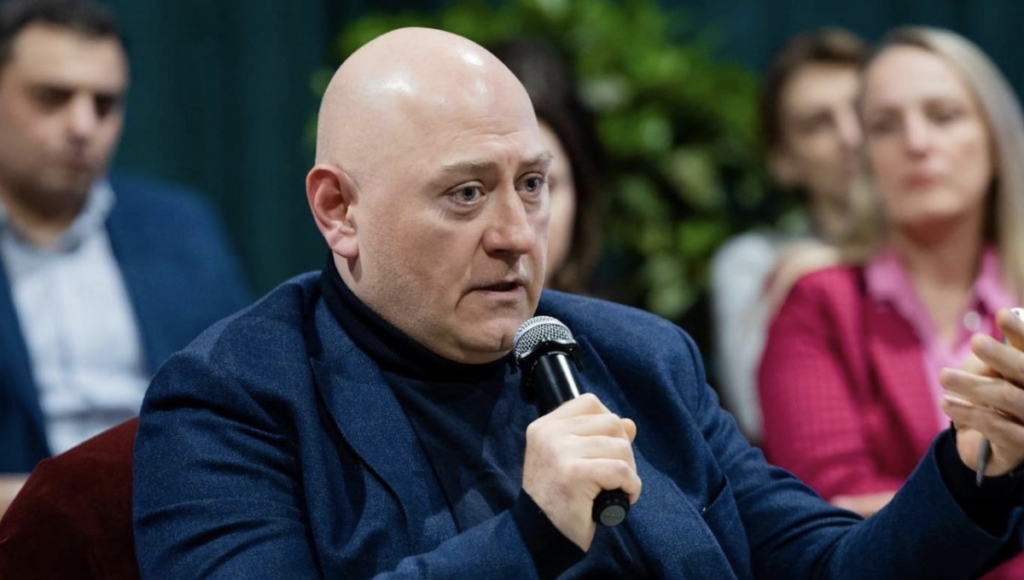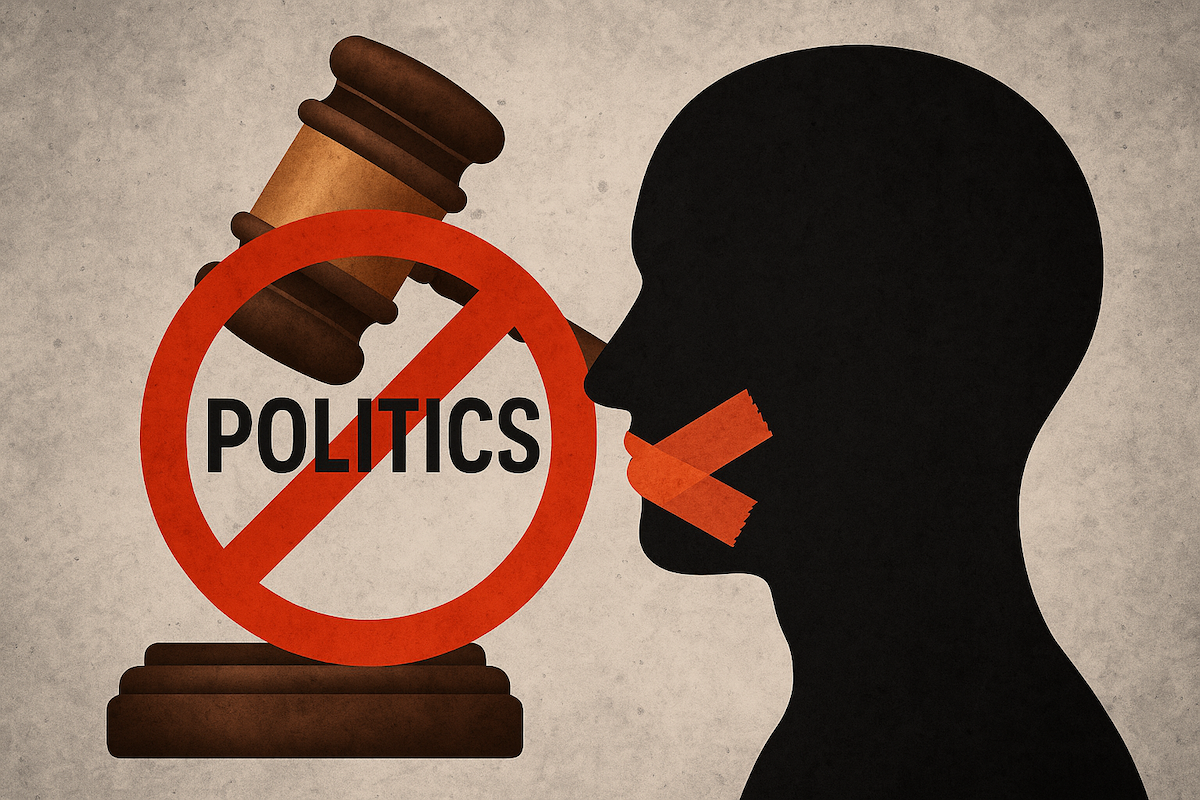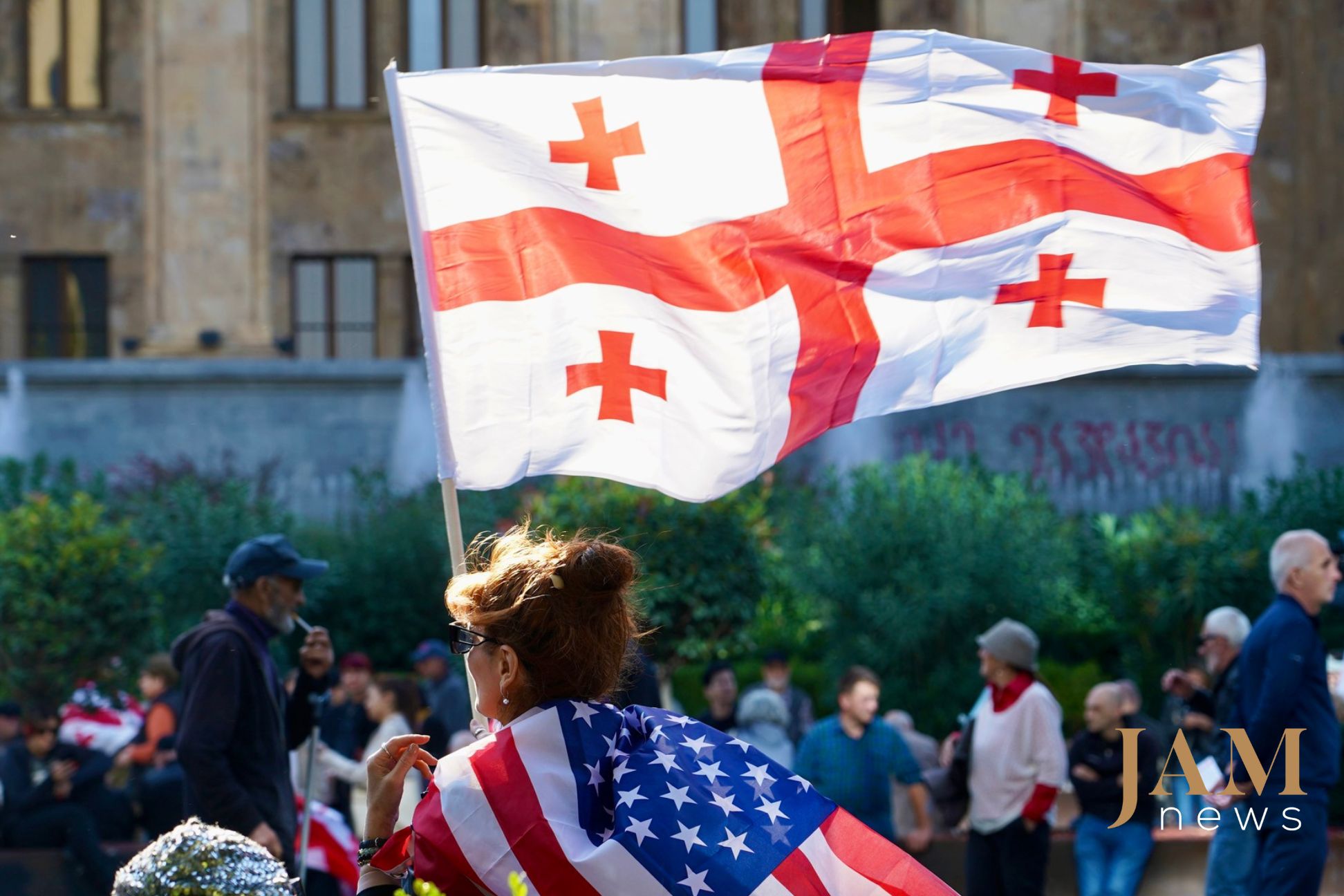Ex-ruling party MP: 'Georgian Dream may be reluctant to ban all parties to protect trade with the West'
Opinion on party bans in Georgia
Political analyst and former Georgian Dream MP Dimitri Tskitishvili commented on Georgian Dream’s constitutional lawsuit to ban opposition parties. He said the ruling party intends to target only three opposition parties, rather than all as promised to voters, because it fears jeopardising opportunities to start trade with the European Union.
The speaker of the Georgian Dream parliamentary faction, Shalva Papuashvili, named the parties the ruling party intends to challenge in the Constitutional Court. Georgian Dream will seek to have three opposition forces declared unconstitutional: Unity – National Movement, Coalition for Change, and Strong Georgia – Lelo.
According to Papuashvili, the political groups in question are in fact “a coalition acting with shared goals that poses a threat to the country’s constitutional order.”

Dimitri Tskitishvili said: “Georgian Dream’s promise to abolish all parties they labelled as ‘Nazis’ (i.e., linked to the United National Movement — JAMnews) has instead led them, after filing the lawsuit, to develop a new strategy.
They want to ban a few parties, and we still don’t know exactly what they aim to achieve. Their position is inconsistent, and they are not fulfilling their original promises — that is a fact. We’ll see how this develops.
I do not rule out that, given changes in global dynamics, they are being cautious and trying to slightly adjust their stance. They may be preparing for some dialogue [with the West] and leaving room for compromise. Perhaps I am projecting hopes onto reality, but this lawsuit did not carry the harsh tone they had initially promised.”
“I think they are leaving some room for trade with the European Union and the United States. The fact is, Russia is now in a far more difficult position than just three or four days ago, before the oil sanctions were imposed.
It has emerged that Georgian Dream had plans to profit from transporting sanctioned oil and using a shadow fleet, and the situation with the [Kulevi plant] revealed this. The EU has raised certain questions with Georgia, and behind the diplomatic language in its letter there are very strict demands to take measures regarding secondary goods, since Georgia could effectively become a transit hub for sanctioned cargo.
Suddenly, the global context and attitudes have shifted. India is no longer buying [Russian] oil, China has reduced purchases of Russian raw materials… the sanctions are working. I think Georgian Dream senses an opportunity to start some form of trade.
This does not mean the West will engage in it. I am simply saying that Georgian Dream may be preparing for this. They are trying to negotiate, but there is no initiative coming from the European Union.”
“I’m not sure how feasible opposition unity is. When it comes to unity, there are always caveats: some parties don’t want to work with others, so tensions remain. Polarisation within the opposition is even sharper than before. In February–March there were still some formats for exchanging views, but now these have significantly decreased and become even more fragmented.
I think unity is desirable but unrealistic, so it’s necessary to focus on more practical goals. Communication between parties needs to be restored, even though the party system has lost its meaning due to the situation created by Georgian Dream. A single strategic line needs to be established outside party structures.
It would be preferable for unregistered political groups to conduct their pre-election activities while maintaining a unified line and strategy aimed against Georgian Dream, focused on strengthening alternative viewpoints. The fight should be against disinformation, not against each other.”
Opinion on party bans in Georgia





















